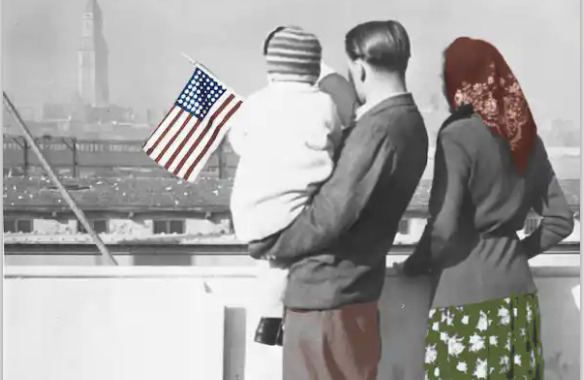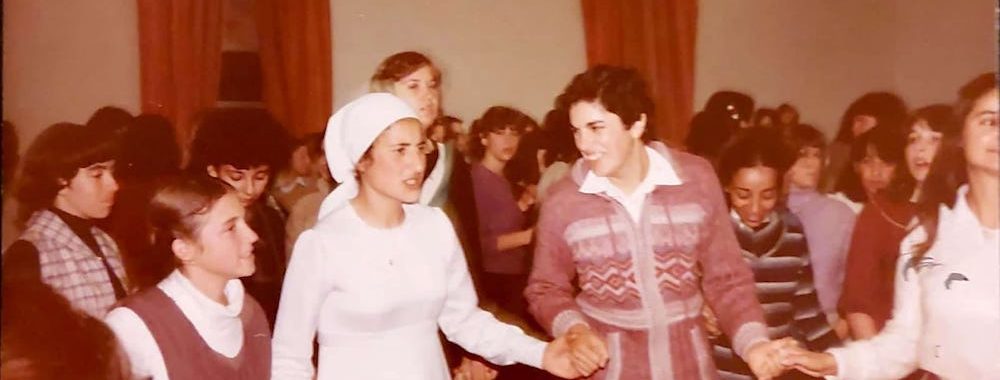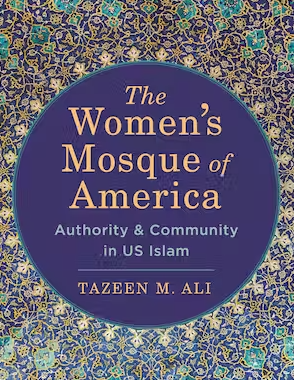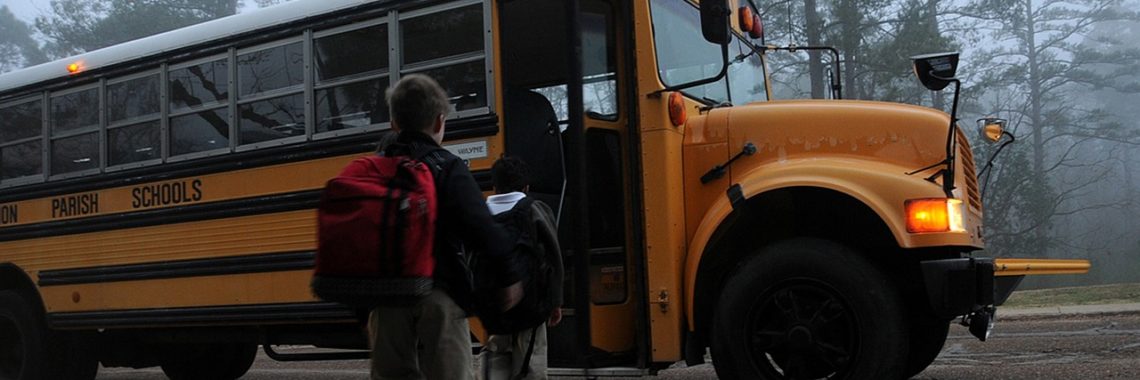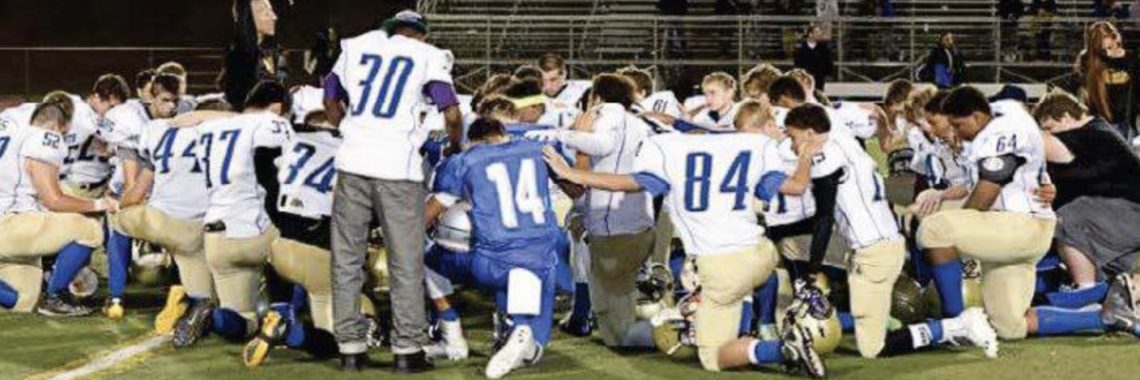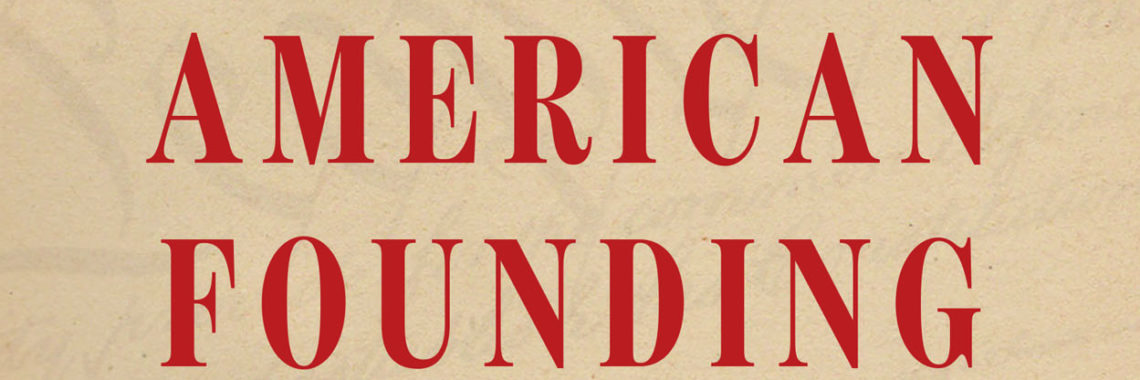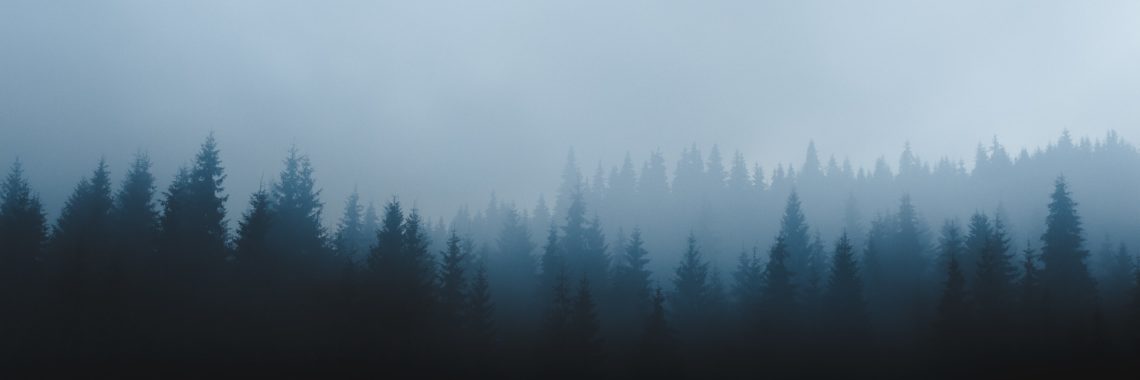“Masking as Religious Obligation vs. Masking for Public Safety” by David Zeligman
Picture by Keira Burton on Pexels. This article is part of our “Clothed in Religion: Law and Religious Attire/Garb” series.If you’d like to check out other articles in this series, click here. Religious attire is typically seen as a form of religious expression, which is protected under the Canadian Charter of Rights and Freedoms. By far…




